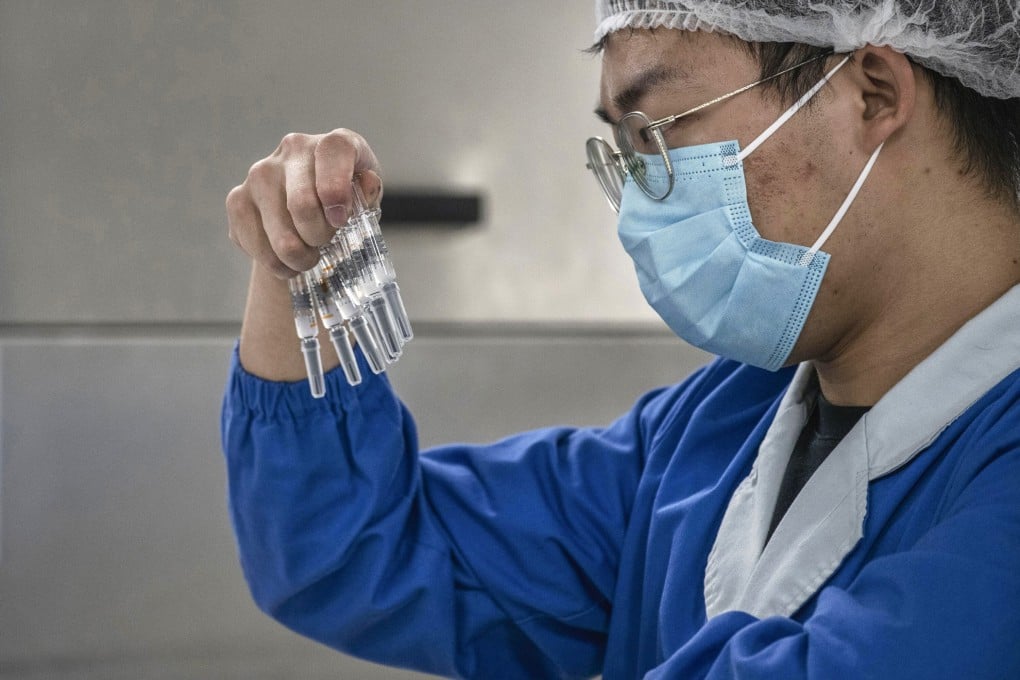China’s coronavirus vaccines: is Southeast Asia ready to trust them?
- A soft power victory beckons if Beijing can help nurse its neighbours back to health – but the stakes are high, trust is low and failure would be disastrous
- Key to its drive is Indonesia, which has secured doses of three potential vaccines from China. If they work, success could be contagious

“I was very scared, because my life was at risk. But I had set my mind to be a volunteer, I knew the risks, so I was finally ready. God willing, I would be fine,” Fadli, 32, said.
Fadli, who learned about the trial from a relative, wanted to volunteer because his job requires physical contact with other people.
“I want to protect myself and help the government. I am really affected by this pandemic. I can’t set up my own business because I have no money, jobs are scarce so it’s hard just to afford to eat,” said the father of three, who earns about two million rupiah (US$140) a month.
Fadli has received two doses in the vaccine trial. Three months after his second dose, Fadli says he feels great and confident enough to drive the tree-lined streets of Bandung on his two-wheeler.